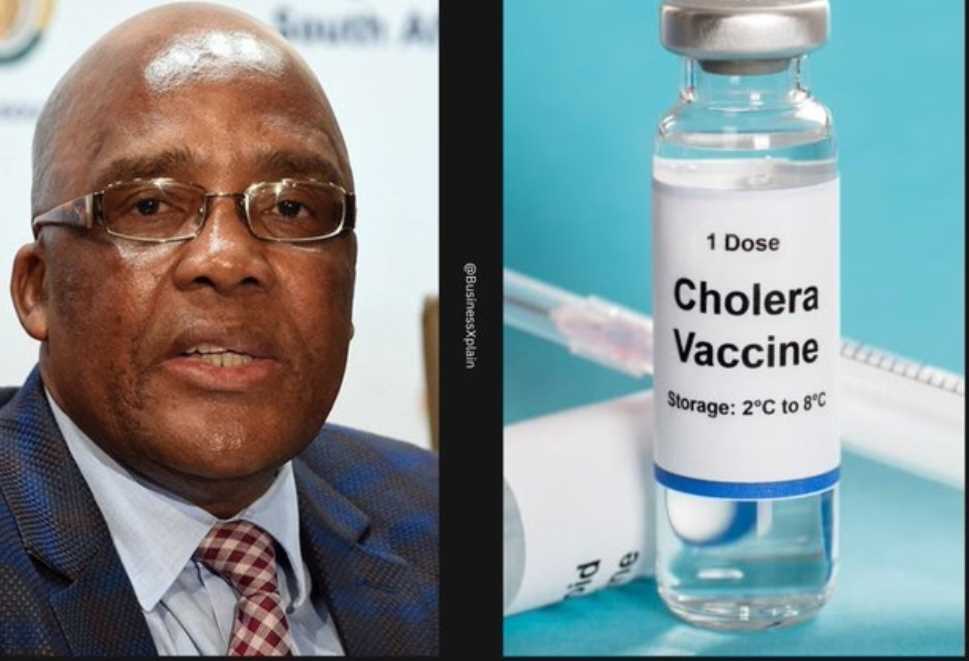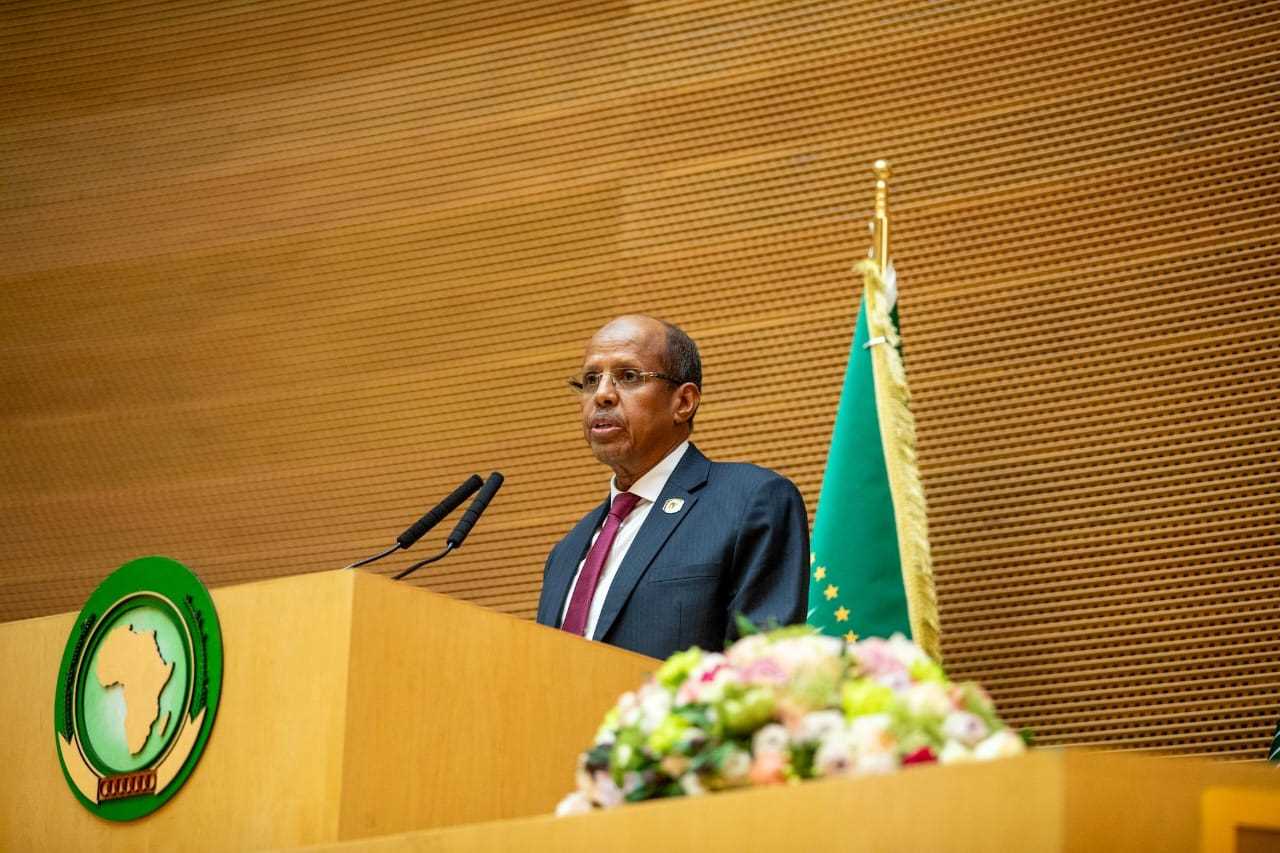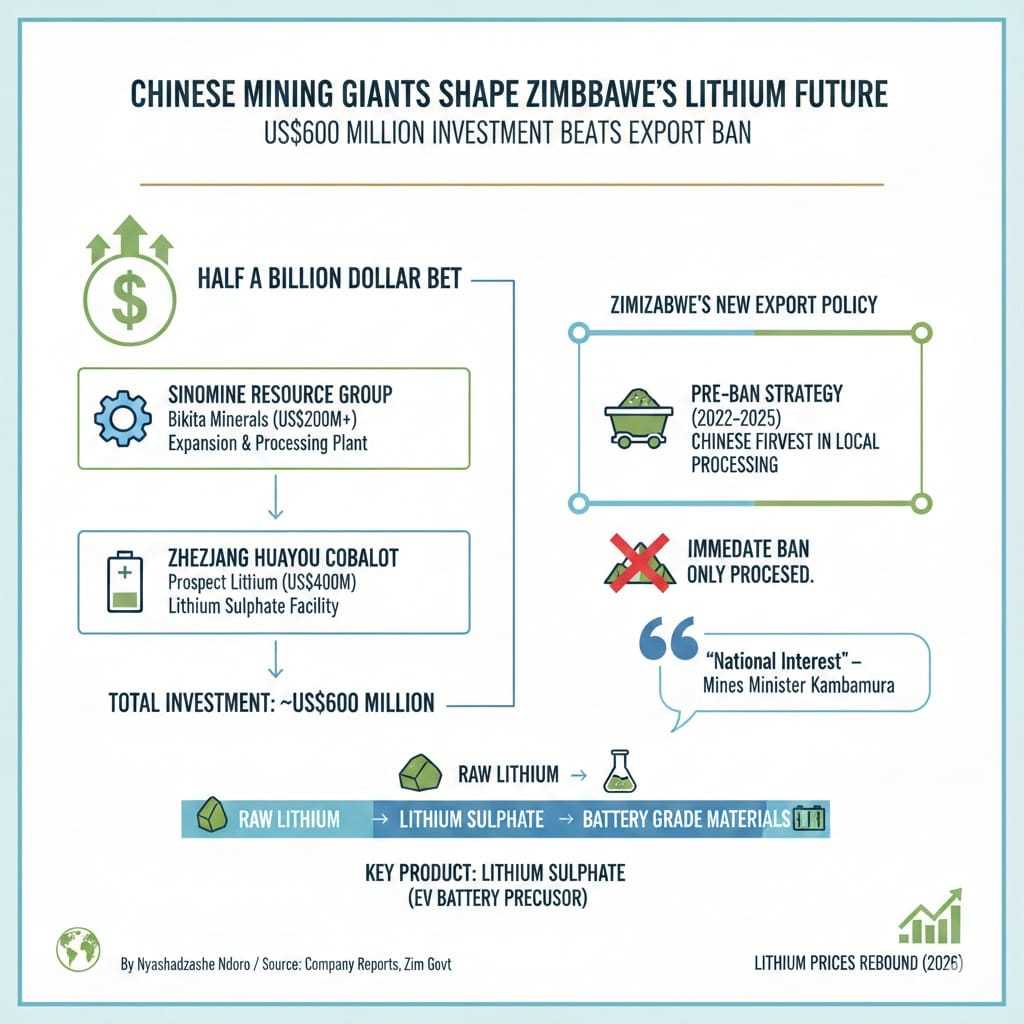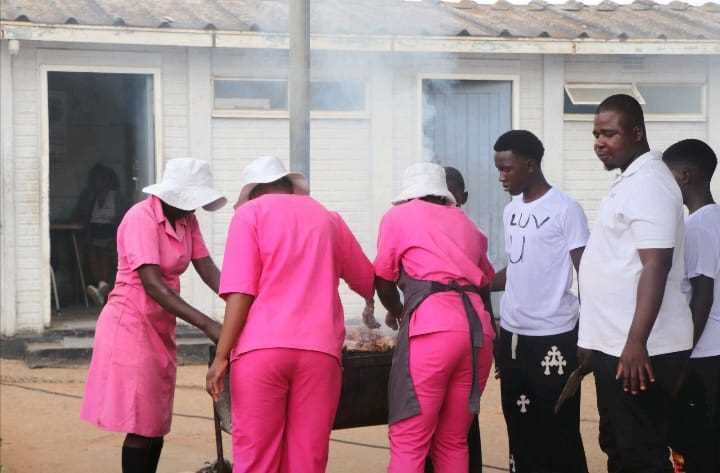
South Africa has begun clinical trials for its first locally developed vaccine in half a century — an oral cholera inoculation that could mark a turning point in Africa’s quest for vaccine self-sufficiency.
The vaccine, created by the Biovac Institute, represents a major milestone for the continent, where less than 1% of global vaccines are produced despite infectious diseases remaining the leading cause of death — particularly among children under five.
If the trials succeed, Biovac plans to roll out the vaccine commercially by 2028, helping to close a critical supply gap as global shortages continue to hamper cholera outbreak responses.
“This development addresses a critical, life-saving need, given the ongoing global shortages of the vaccine amid recurring cholera outbreaks,” said Biovac Chief Executive Officer Morena Makhoana at a briefing in Cape Town on Tuesday.
SA President Cyril Ramaphosa has championed the trial as part of a broader continental effort to strengthen Africa’s vaccine production capacity. Currently, only South Africa and Senegal possess full end-to-end vaccine manufacturing capabilities — from development to final production.
Biovac, a partly state-owned biotechnology company, has been expanding its vaccine manufacturing capacity and recently launched a product development laboratory in Cape Town to sustain innovation in vaccines and therapeutics.
Related Stories
Cholera remains one of Africa’s most persistent health threats. This year alone, the disease has claimed nearly 7,000 lives out of an estimated 300,000 suspected cases, according to the World Health Organisation.
The continent accounts for about 94% of global cholera deaths, a situation worsened by climate change, poor sanitation, and conflict.
Health experts say an accessible, locally manufactured cholera vaccine could significantly improve outbreak control and reduce dependency on limited global stockpiles.
Cholera, which spreads through contaminated food or water, continues to resurge across several African nations — from southern regions to the Horn of Africa — complicating containment efforts and stretching fragile health systems already battling mpox, measles, dengue, and Lassa fever.
The new oral vaccine trial not only represents scientific progress but also signals Africa’s growing determination to produce its own medical solutions. If successful, Biovac’s project could reshape the continent’s vaccine landscape — one that has historically relied on imports and donations.
With manufacturing expected to begin in 2028, Biovac’s cholera vaccine could become a cornerstone of Africa’s health independence, offering renewed hope against one of the continent’s deadliest yet preventable diseases.




















Leave Comments